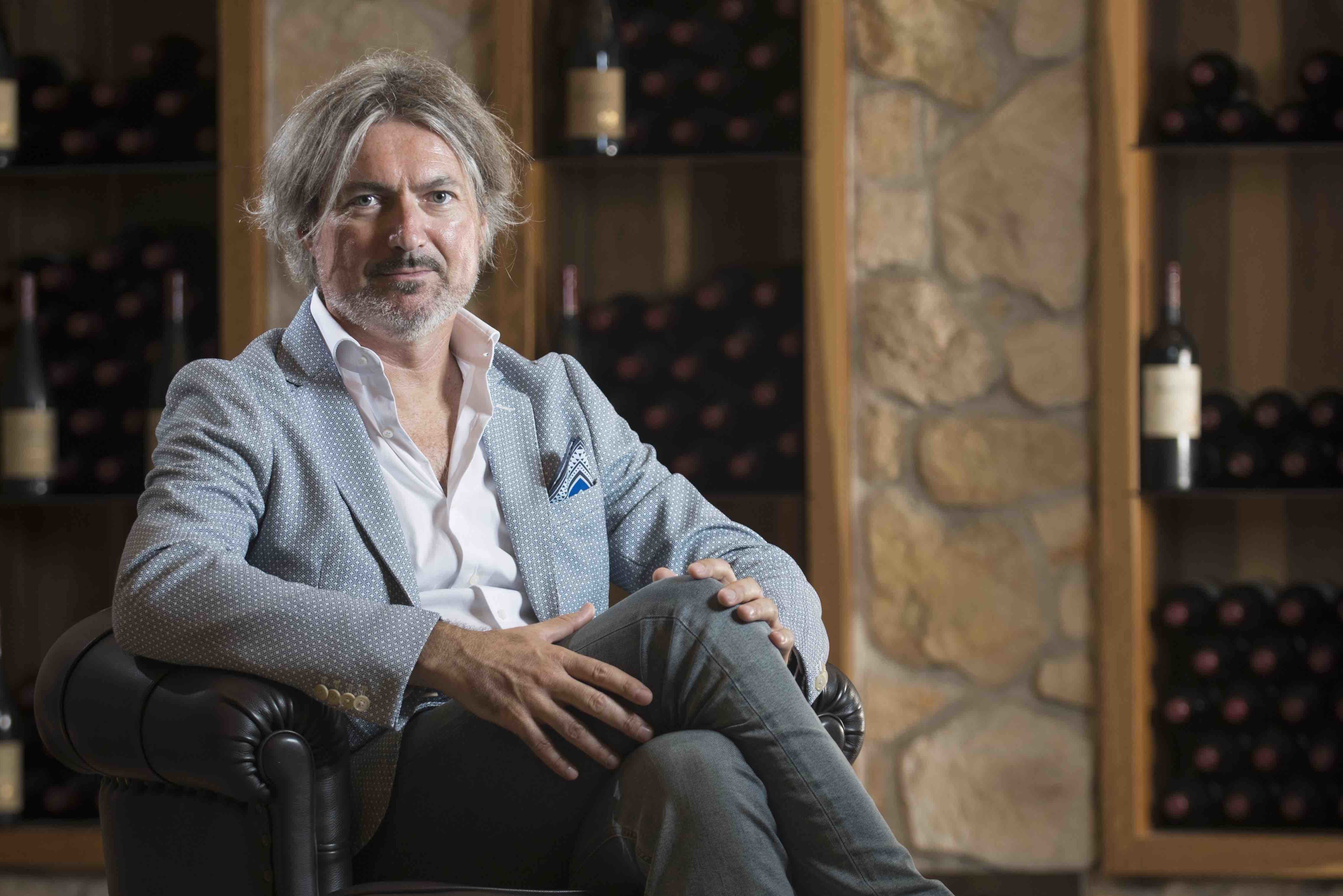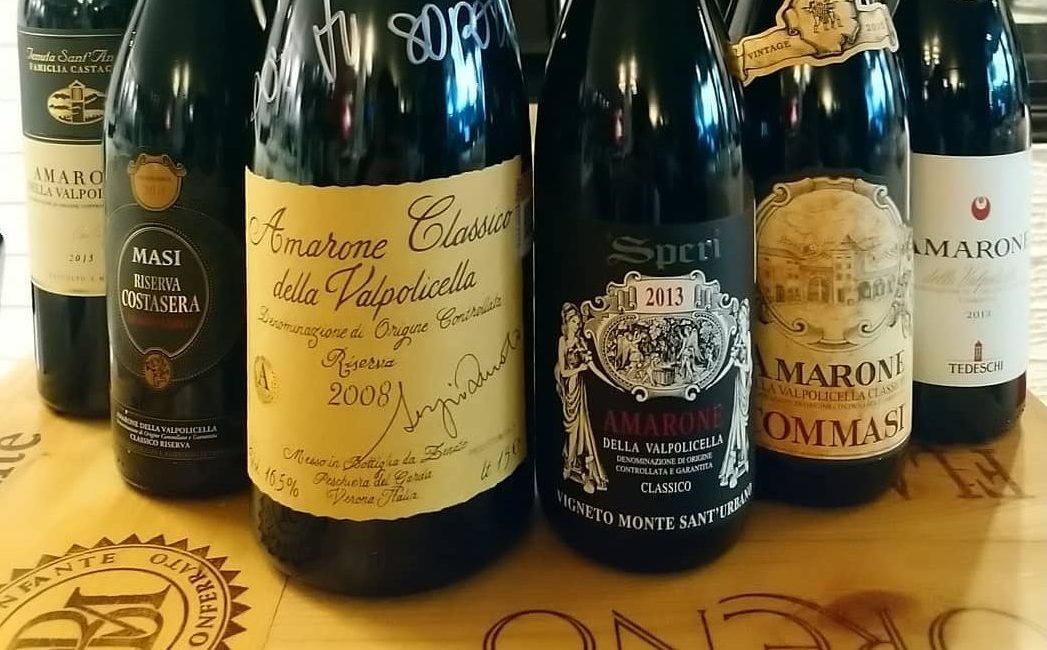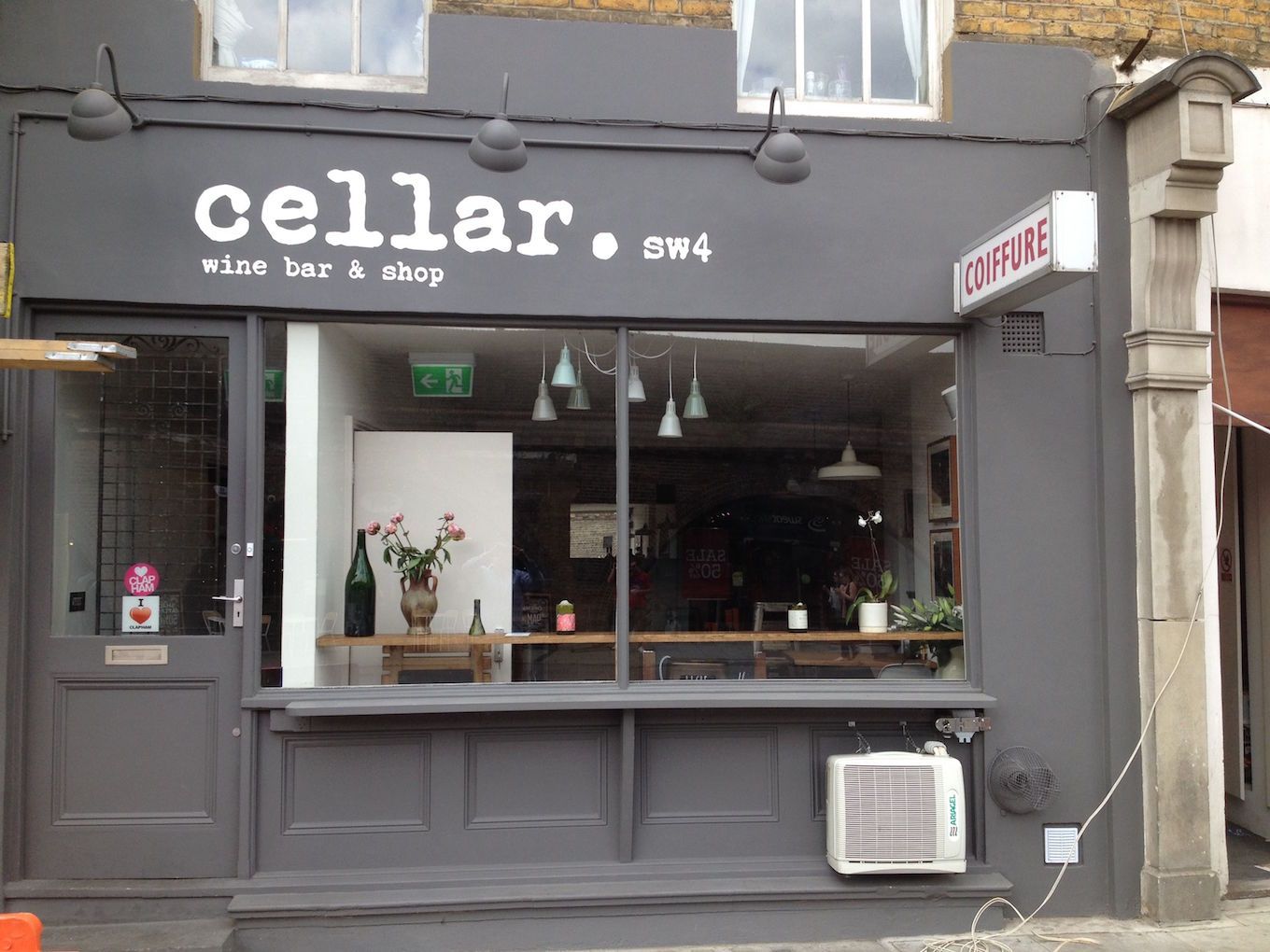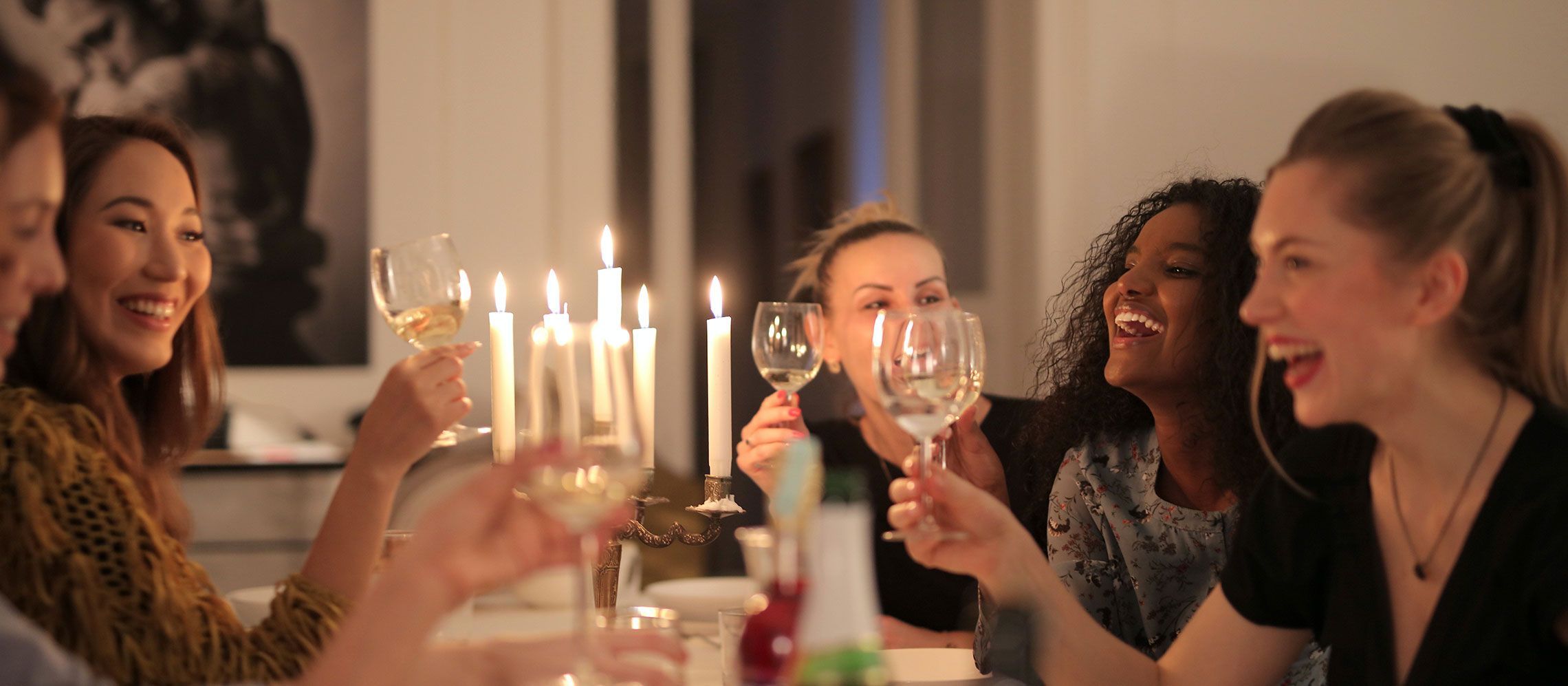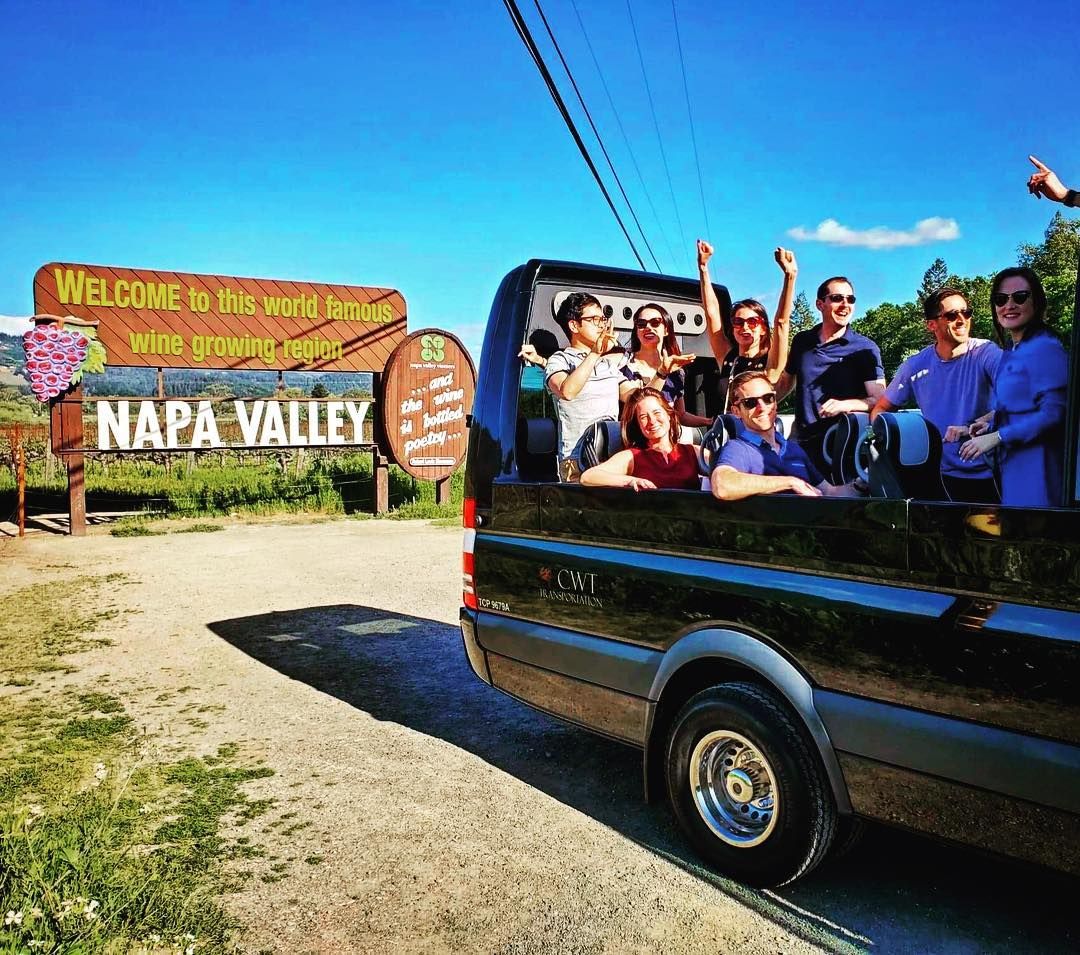There are Amarone wines and then there are Amarone wines made by the producers that make up the Famiglie Storiche group. But what is it that makes these wineries and their wines so special? Find out at November 20’s walk around tasing in London.
Tell us about the history of Famiglie Storiche and the main aims of the group?
At the end of the 1990s Amarone was growing in popularity. It was fast becoming a world-renowned product and therefore demand was growing. When that happens there is always a risk that as production is increased, the level of quality can be compromised. When faced with this increase in popularity, a group of Amarone producers from the Valpolicella area decided it was extremely important to protect traditional methods, and to guarantee a high level of quality, and so began the Famiglie Storiche in June 2009. It began with 10 wine cellars and is continuing to grow and now includes 13 producers.
The main aims of the Famiglie Storiche are to produce the highest possible quality Amarone and to help the consumer to understand how to distinguish a high-quality product, like ours. Amarone is a wine that needs time. It takes time to harvest the best possible bunches by hand, the grapes need to dry in the most natural way possible, and the wine has to age slowly. None of these processes can be speeded up, especially not to meet demand. The Amarone dictates the time needed, not us.This, of course, is reflected in the price and ageing potential.
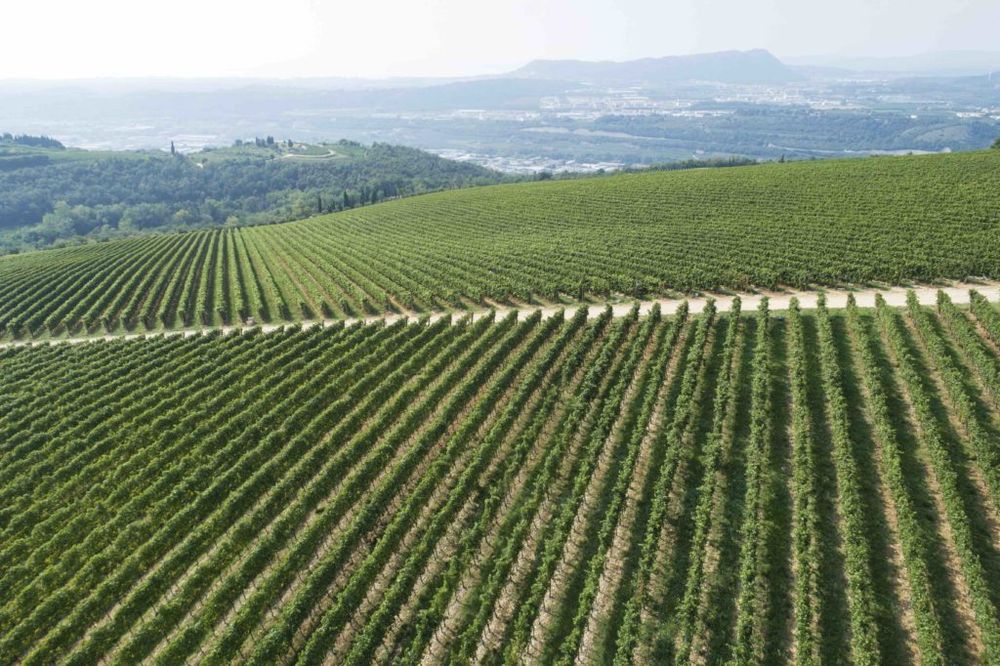
The Valpolicella region is home to Amarone wines
To join Famiglie Storiche, a wine cellar must produce Amarone as a main part of their portfolio. They also have to have produced Amarone for at least 20 years, and they need to be present in a minimum number of foreign markets. Finally, they must age the wine for one year more than is required by the production rules. We also insist on a minimum alcohol level, which is over 15%, compared with the 14% level found in standard Amarone.
Why are you hosting this tasting in London on November 20? What can buyers expect?
We decided to hold a tasting in London to mark 10 years since the foundation of the Famiglie Storiche, an important milestone in our association’s history.The walk-around tasting will feature all 13 of our producers, each showing up to four wines from the Valpolicella DOC and Amarone DOCG, from Valpolicella through Ripasso, to Recioto and Amarone styles.
Will there be any masterclasses?
Yes, there is a masterclass in the morning, hosted by the Institute of Masters of Wine for the MW and MW student community which will focus on the Appassimento technique for drying grapes. The seminar takes a journey from vineyard to glass. I believe it has been very popular as it sold out some weeks ago!
What do you think the perception of Amarone/Valpolicella is in the UK?
Over the past 10 years we have seen a distinct increase in the consumer appreciation of both Amarone and Valpolicella Ripasso as premium wines. This perception of quality is prevalent in both the on and off trade market sectors, aided by an overall improvement in production quality, which sommeliers and category buyers have supported with increased distribution and listings.
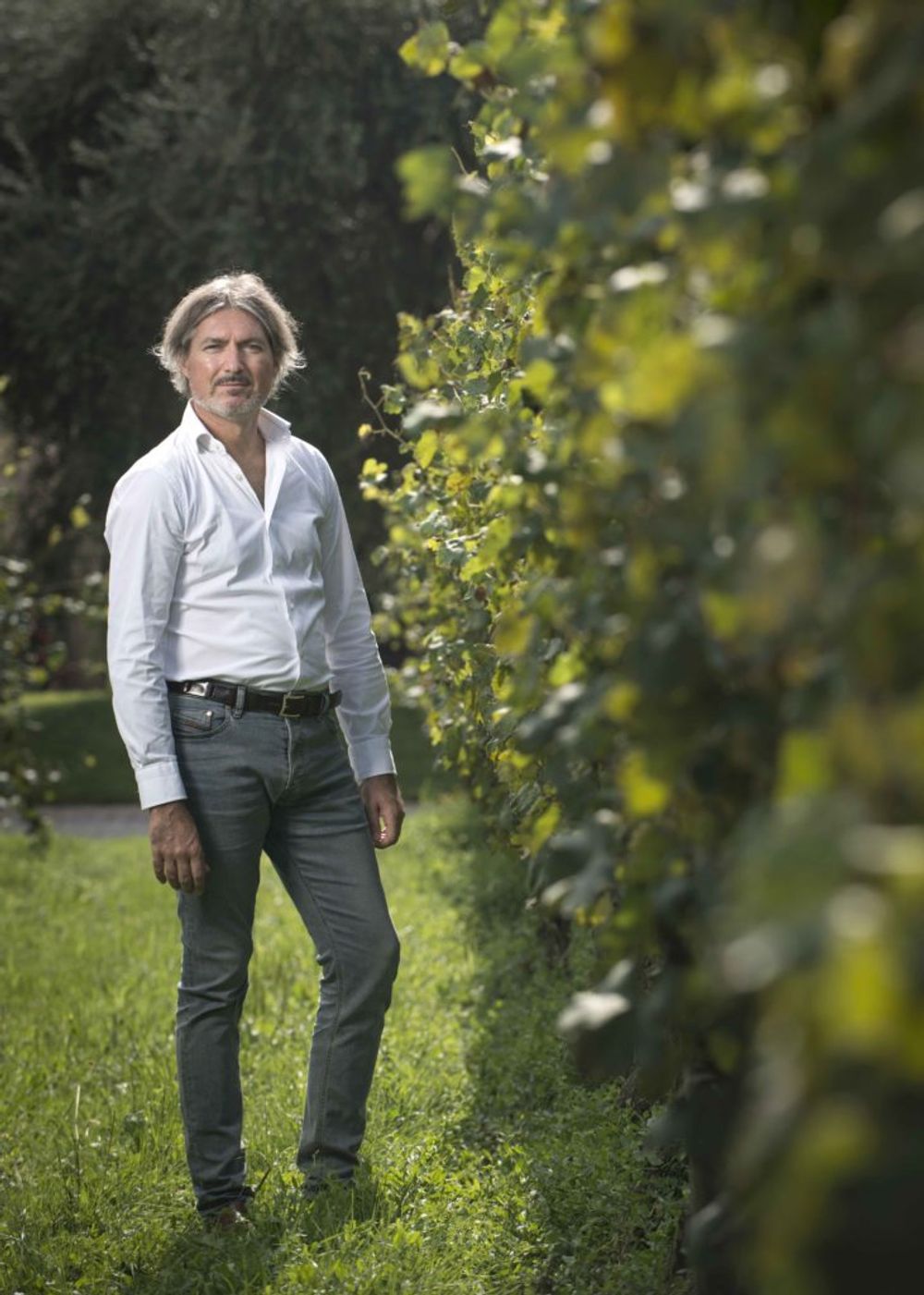
Zenato says there is so much more potential for buyers to discover different Amarone Crus
How would you like to improve that perception?
We would like to see a greater appreciation of the variety of Amarone Crus and more understanding of the unique and distinct nature of the multi generation family led wineries that have become a symbol of the highest quality in the region. We are now seeing Amarone considered a “must have” listing for the best restaurants and retailers and we are striving to ensure more of the best producers are represented across market sectors in the UK
Have there been any changes in the winemaking and styles of Amarone/Valpolicella in recent years?
I think the most significant difference is how our vineyards in Valpolicella have changed over the years. In basic terms, if you pick a better-quality bunch of grapes, you will produce a better-quality wine. The emphasis now is on quality rather quantity and this is reflected in the training systems and bunch selection during the harvest. Another important improvement is the climate control system in the fruit-drying rooms. This allows us to control the levels of humidity and means that we can stabilise the drying process ‘the appassimento’ and avoid problems of mould or rot.
We are no longer in the hands of the gods when it rains! We have also introduced much higher-quality oak casks. In the past, casks were reused too many times. This meant that casks were affected by unwanted bacteria. Now casks are replaced more regularly and the wine itself benefits greatly from spending time in fresh oak casks.
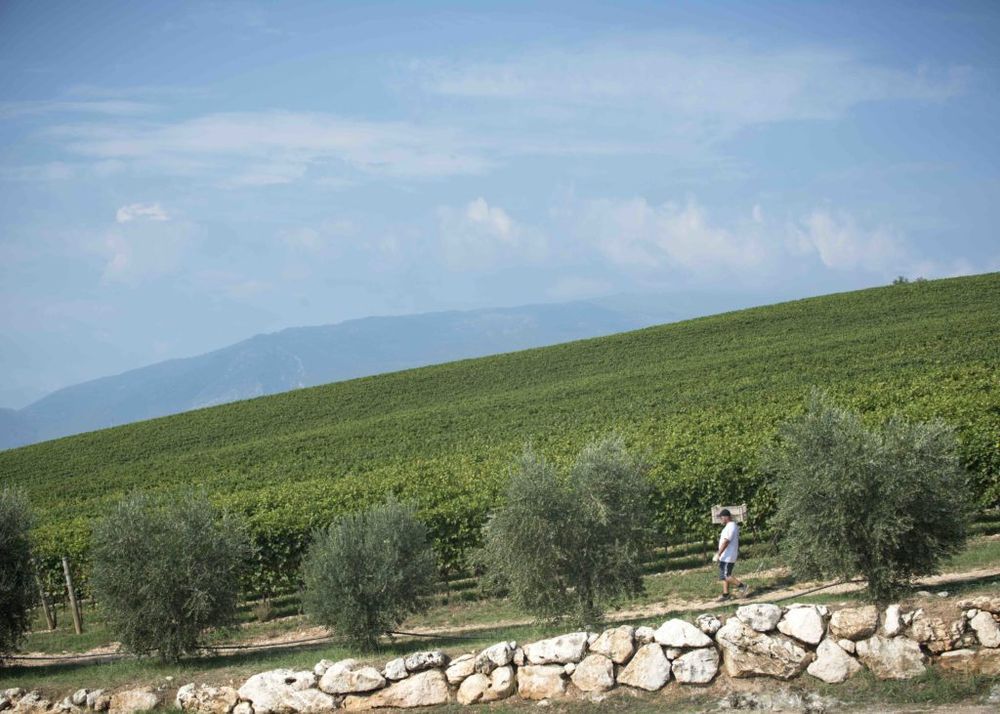
Improvements in the vineyards in Valpolicella have helped produce better quality Amarone wines, says Zenato
Do you think they are well understood by buyers?
The winemaking process behind both Ripasso and Amarone are very sophisticated and labour/investment intensive. It is often difficult to explain production methods on a back label or in a brief description. We know the wines speak for themselves in the glass, but the “Famiglie Storiche” is all about getting buyers, consumers and the trade press to better understand how important a small group of family run wineries have been in creating today’s Amarone heritage.
What are the best price points and styles of Amarone?
The variety of wines produced across the spectrum of Amarone, makes it impossible to identify a preferred price point. We believe it is easier to see Amarone as representing excellent value for money, when compared to the other great wine making styles and regions of the wine world, not to mention its incredible ageing potential.
Is there anything else you’d like to add?
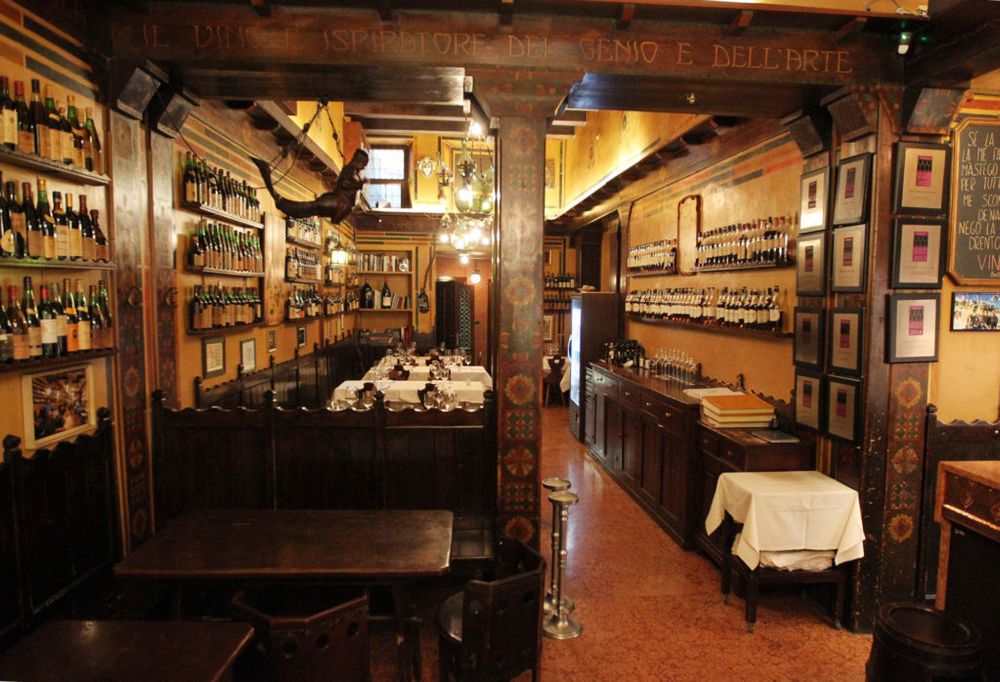
La Bottega del Vino in Veneto is now owned by the Famiglie Storiche group
In 2010 the Famiglie Storiche bought La Bottega del Vino, a mecca for wine lovers from all over the world. This wine bar and restaurant was founded in the 1500s. It is steeped in history and became a meeting point for poets, musicians, artists and painters. Over the years its reputation grew and it is now considered to have one of the most extraordinary and complete wine lists in the world.
The acquisition of La Bottega del Vino was not only an important investment for us, but also a strong desire to promote a global wine culture. Our vision is not to limit La Bottega del Vino to just an Italian perspective, but to create a destination that showcases the best quality wine from all over the world.
Next year we will celebrate 10 years as owners of La Bottega. And of course, we would love to welcome you to Verona and celebrate with you!
- You can taste for yourself the improvements made in Amarone and what makes Famiglie Storiche producers stand out at its tasting on November 20 at the Institute of Masters of Wine, Kirtling Street, London, SW11 8EA between 1pm and 5pm. To find out more register click here.
- The 13 producers which make up Le Famiglie Storiche are: Allegrini, Begali, Brigaldara, Guerrieri Rizzardi, Masi, Musella, Speri, Tedeschi, Tenuta Sant’Antonio, Tommasi, Torre D’Orti, Venturini and Zenato.
